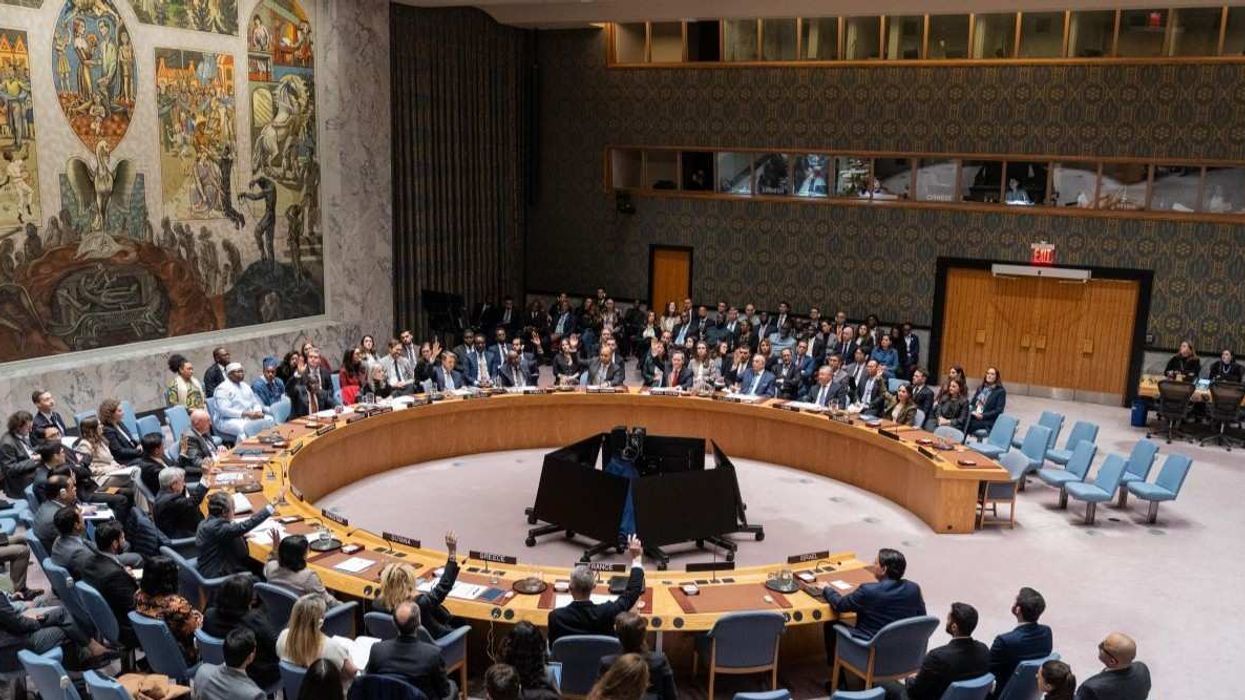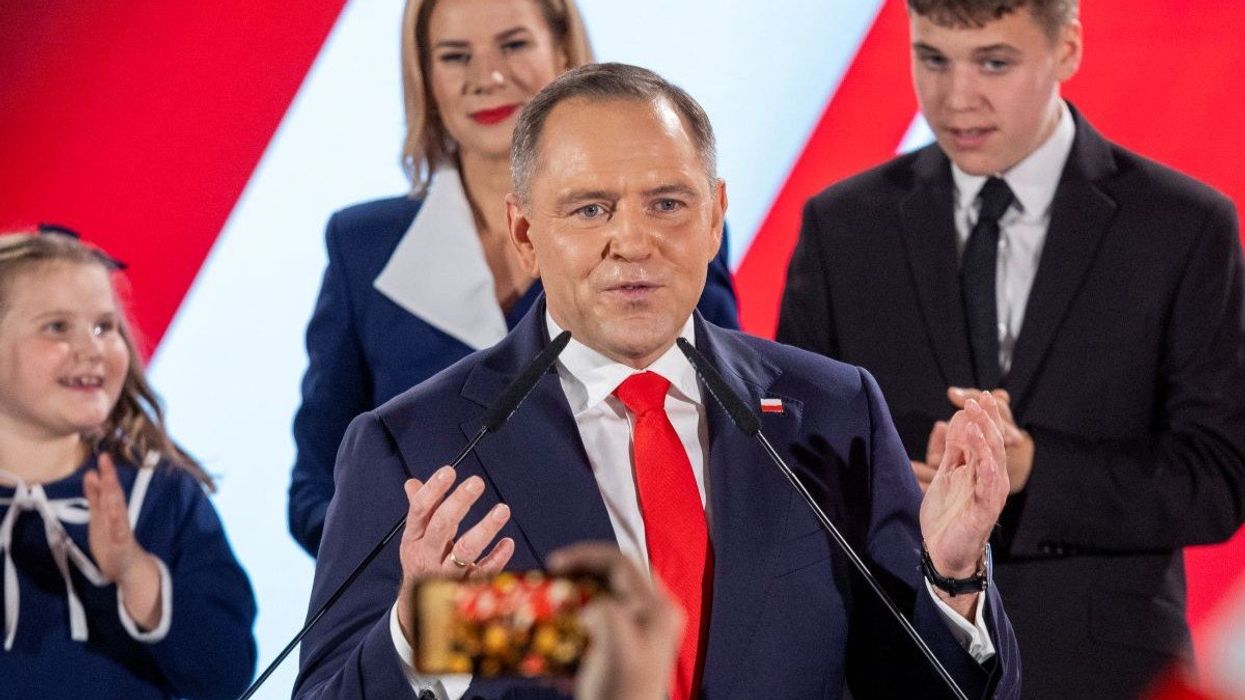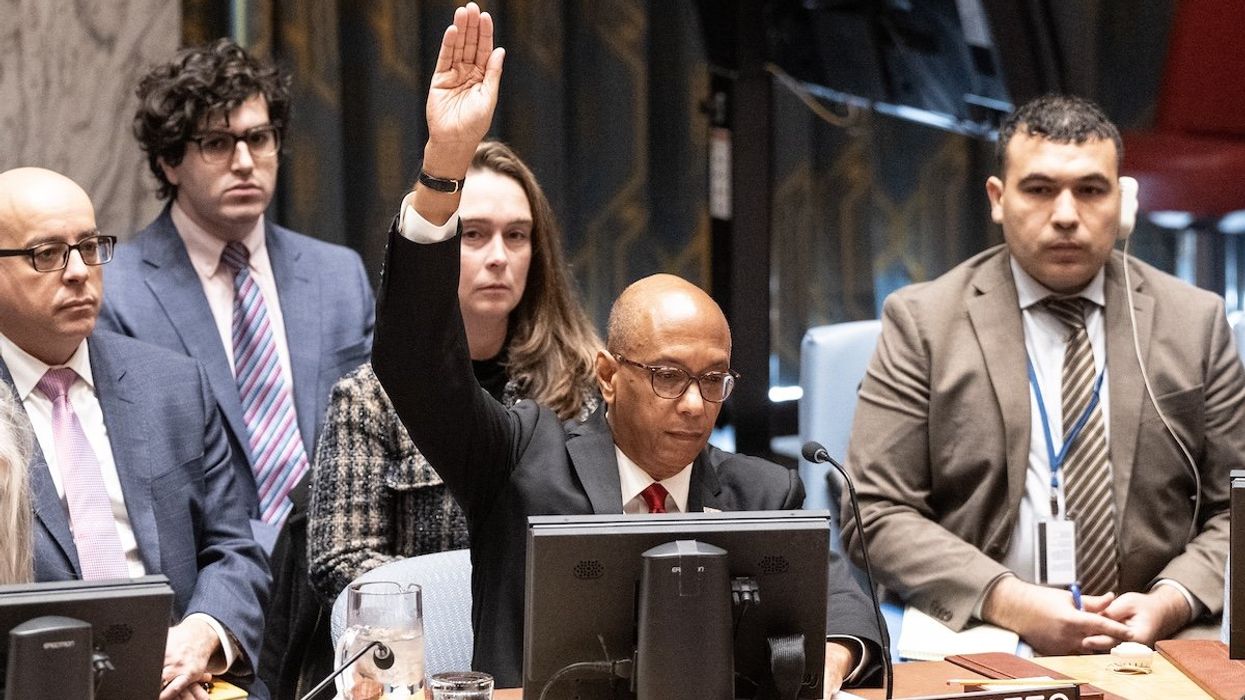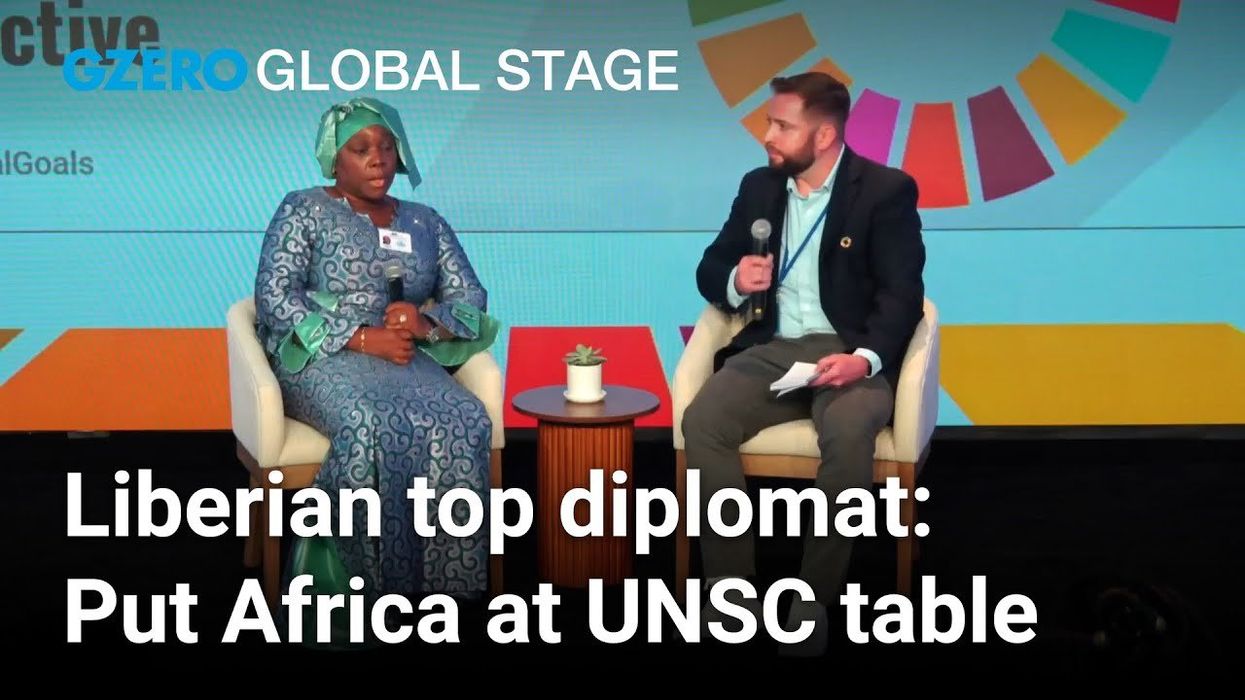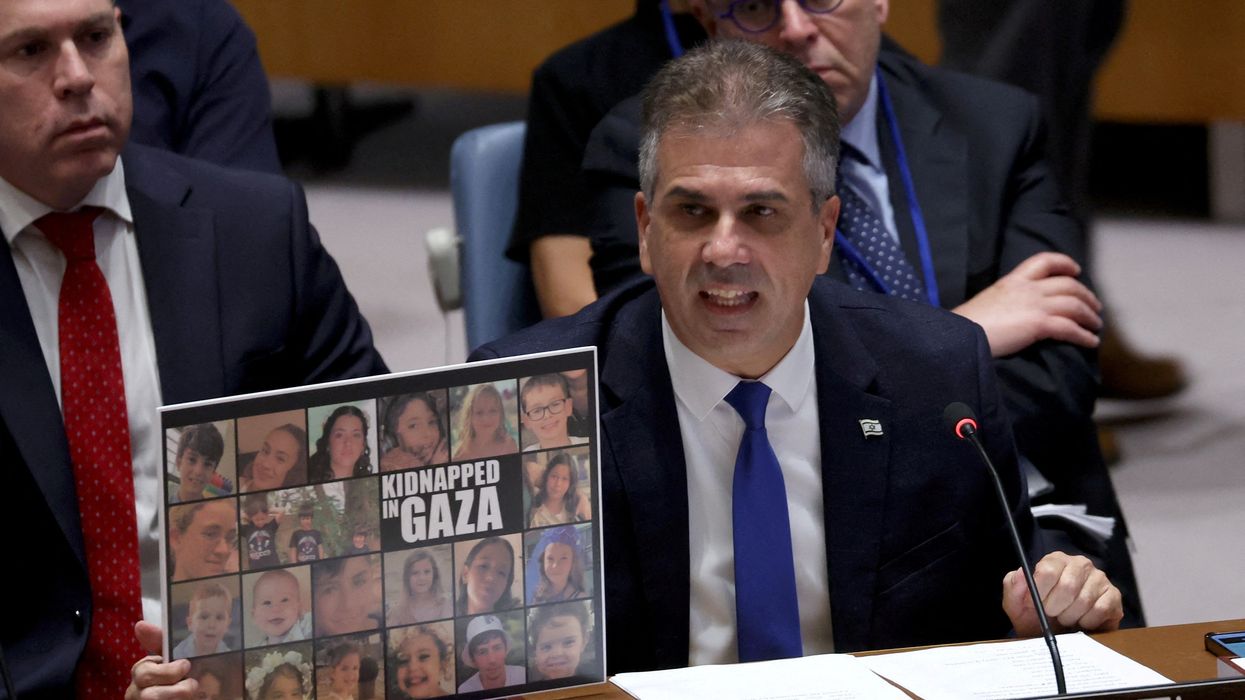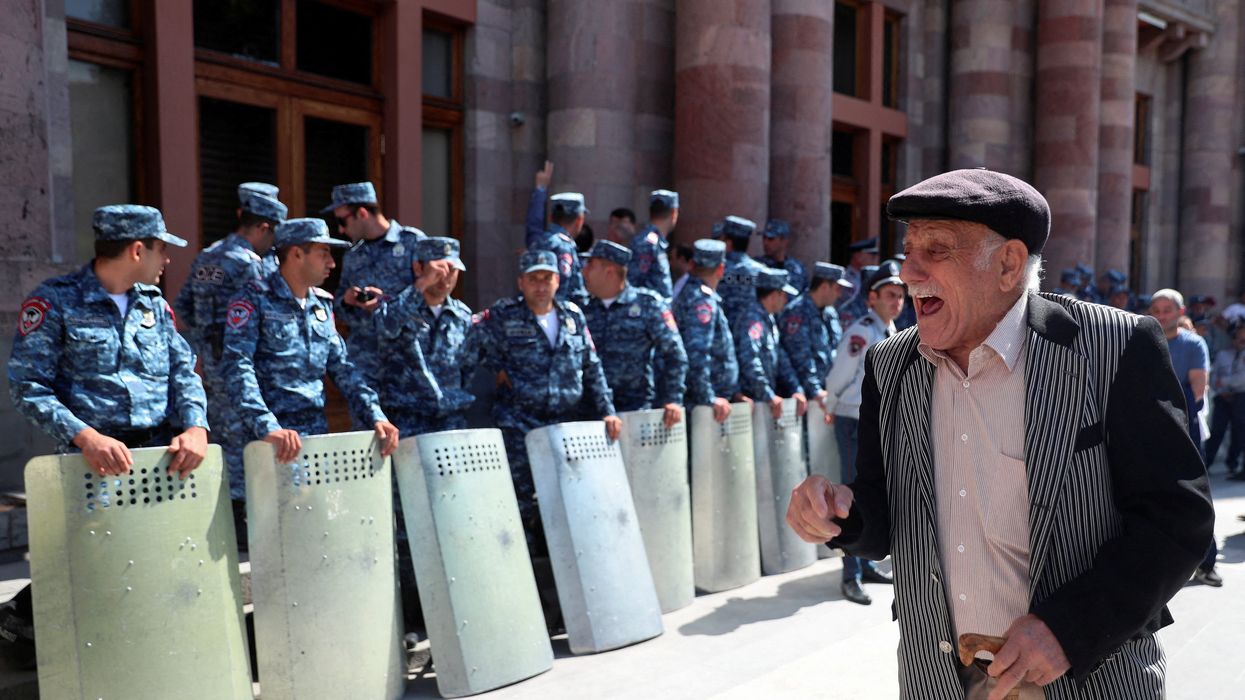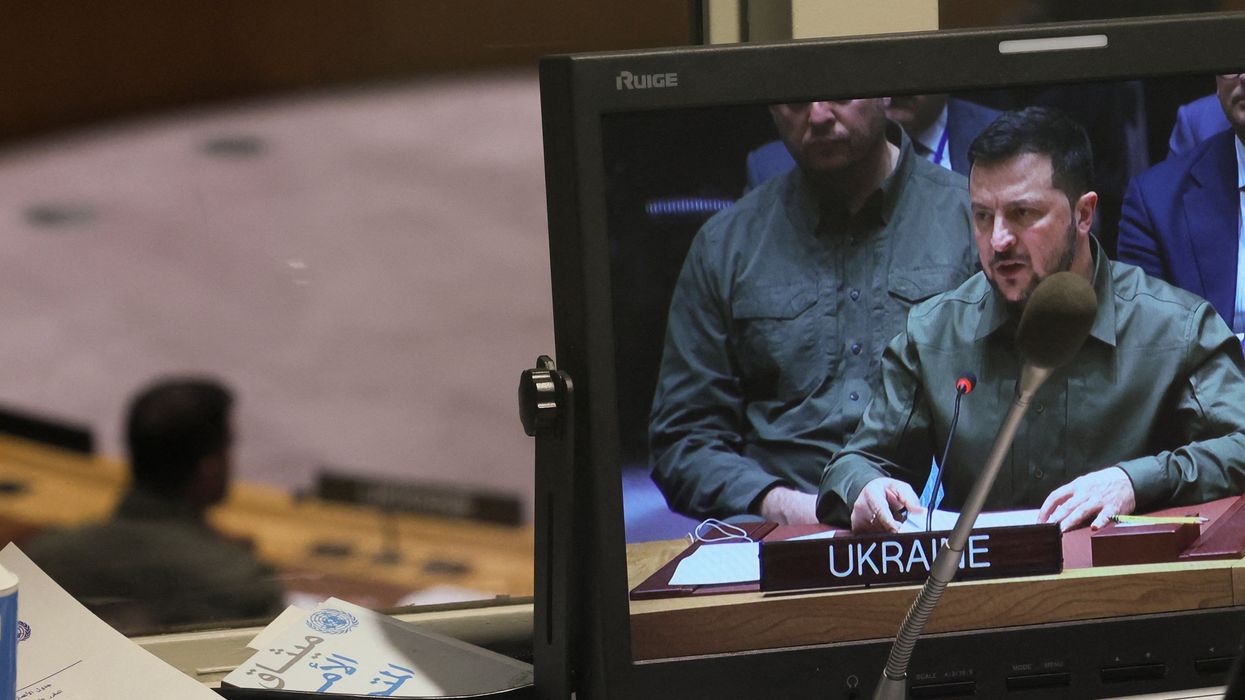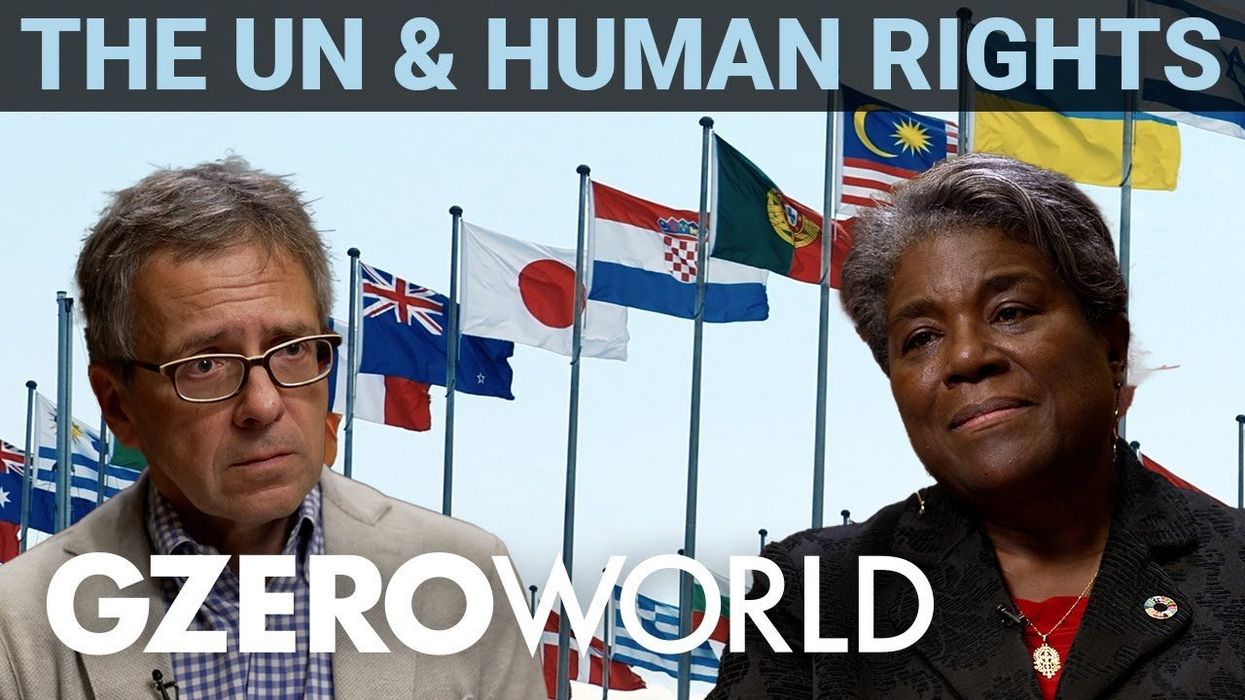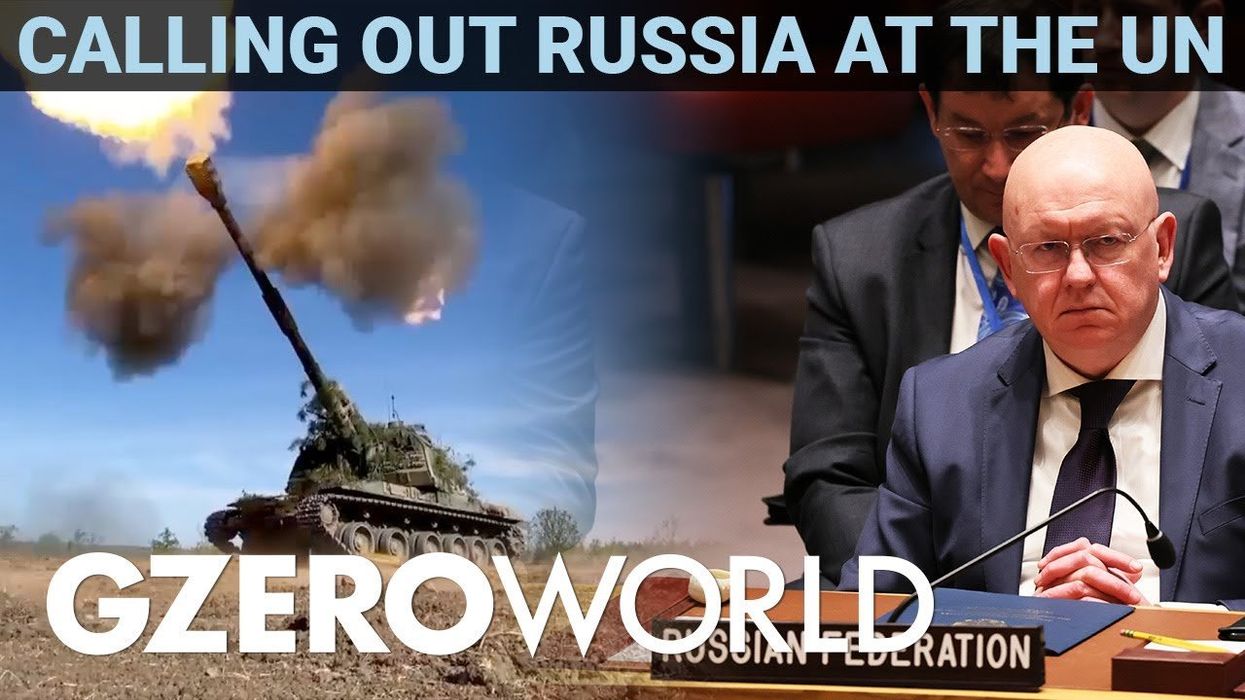What We're Watching
What We’re Watching: UN backs US plan for Gaza, Trump to sell fighter jets to Saudi, Zelensky seeks funds with money well running dry
The resolution lends international legitimacy to a multi-national peacekeeping force and US President Donald Trump’s Board of Peace.
Nov 18, 2025
